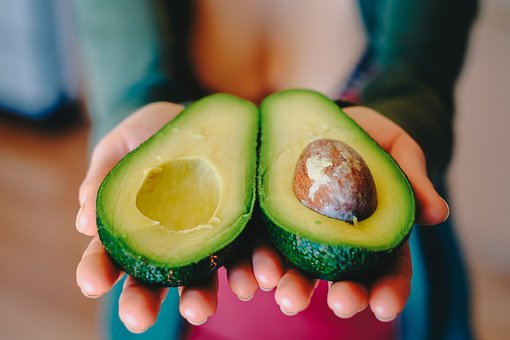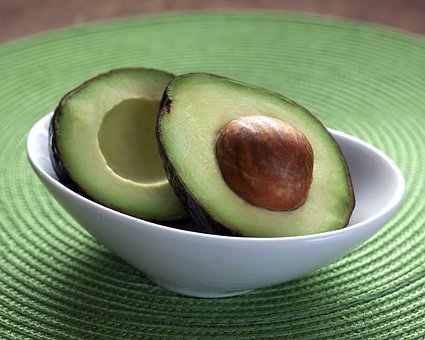**When eating avocados, we only take the flesh and leave the membrane wrapped around the seed. However, it is surprising that the sheath membrane contains the chemical heptacosane inhibit cancer cells, prevent the accumulation of fat in the arteries, reduce the risk of atherosclerosis.**
According to statistics, about 5 million tons of avocados are produced each year and if we take advantage of it, it is a "gold mine" for health. The scientists wrapped the shell around this buttermilk as "gems of precious stones." Because the avocado itself is considered by humans to be a "super food", it is a source of monounsaturated fat that is extremely good for the body, providing minerals, fiber, micronutrients such as potassium and vitamin E, vitamin B, amino acid tyrosine - helps the body produce "happy hormones" dopamine ...; It is also the most folic acid-rich fruit and is an abundant source of Omega-3.
The results show that avocado improves cardiovascular health thanks to the presence of potassium not inferior to bananas, so that avocado helps have this effect. High blood pressure is a major contributor to heart disease, but butter contains potassium that helps stabilize blood pressure in the body. Research has shown that raising potassium can lower blood pressure in people with high blood pressure, which can also reduce the risk of stroke by 24 percent. In addition, research has also found that fiber contained in avocados can help reduce the risk of cardiovascular disease.
The combination of nutrients and polyphenols in avocados enhances the antioxidant and anti-inflammatory properties of the body. Avocados are rich in unsaturated fats and nutrients that help reduce inflammation, reduce blood sugar, lower bad cholesterol, help relieve pain from osteoarthritis or rheumatoid arthritis.
So eat butter if you have osteoarthritis by unsaturated fatty acids, lutein carotenoids and vitamin E - all with anti-inflammatory effects - can help reduce arthritis symptoms, reduce the degeneration of The cells connect your joints, and can even replicate normal connective tissue.

_In addition to suppressing cancer cells by containing a chemical called heptacosane, the membrane surrounding the avocado seeds also contains ingredients that help prevent fat accumulation in the arteries._
Regular avocados also can increase HDL cholesterol levels, while decreasing LDL cholesterol levels. Butter contains a lot of beta-sitosterol, a compound that lowers cholesterol. Researchers at the University of Pennsylvania (USA) have found that eating avocados can lower bad cholesterol because avocados are rich in monounsaturated fats (a form of fat like olive oil) which is good for health.
Avocados contain phytochemicals and antioxidants such as vitamin E, lutein, beta carotene, alpha carotene and zeaxanthin, which can inhibit the growth of precancerous cells and cancer cells. In addition, phytochemicals can also be used as chemical preservatives that can reduce side effects during chemotherapy.
Speaking of this, one can not fail to mention recent research showing that when cut avocados eat the pulp, the membrane wrap around the grain is discarded. Thus eliminating the skin of the avocado, which contains substances that block the development of melanoma! This surprising finding has just been announced at the National Conference of American Chemical Society, presented by the University of Texas at Rio Grande Valley team.

In addition to inhibiting cancer cells by containing a chemical called heptacosane, the membrane surrounding the avocado seeds also contains ingredients that help prevent fat accumulation in the arteries, thereby reducing the risk of atherosclerosis. arteries and behenyl alcohol - an important component in antiviral drugs, antipyretic, ulcer treatment. In addition, the antioxidant compounds are used as food additives and preservatives in cosmetics.
Prior to that, the team mashed the 300 dried avocado peels into 21 ounces of powder (equivalent to 595 grams). The flour is processed and produces about 3 teaspoons of oil. The seed coat is more than 1 ounce of wax (more than 28.35 g). 116 compounds in the oil and 16 new compounds have been discovered, many of which are not present in conventional oil-based butter oils!
However, Professor Debasish Bandyopadhyay, a member of the team, emphasized that this does not mean that they recommend eating the whole shell of the seed when enjoying the butter. It should be properly researched and prepared to actually produce beneficial medications.
 hiveblocks
hiveblocks